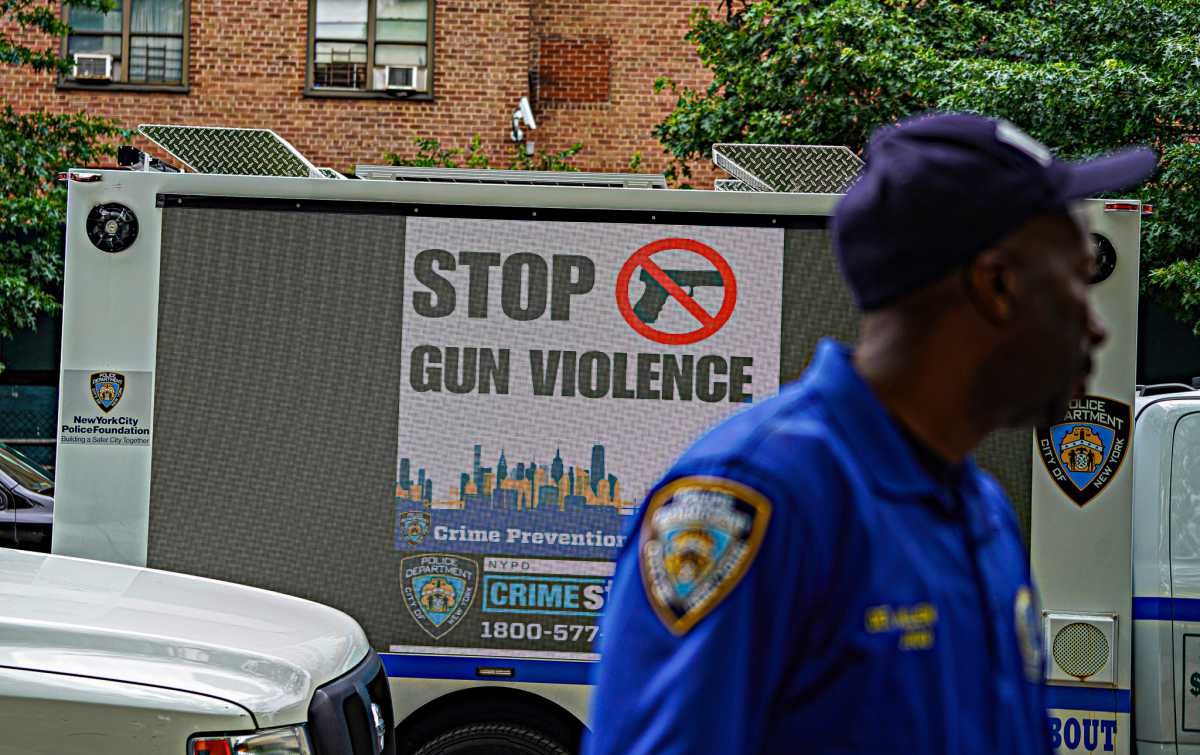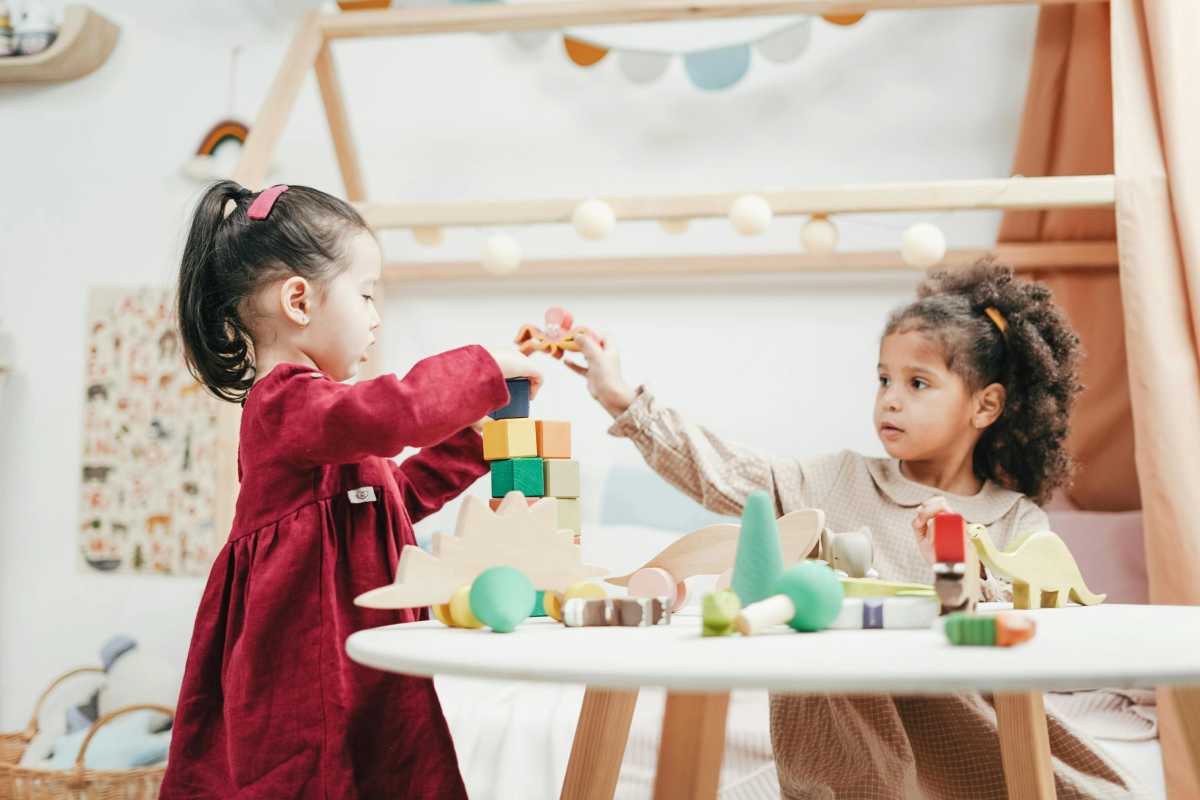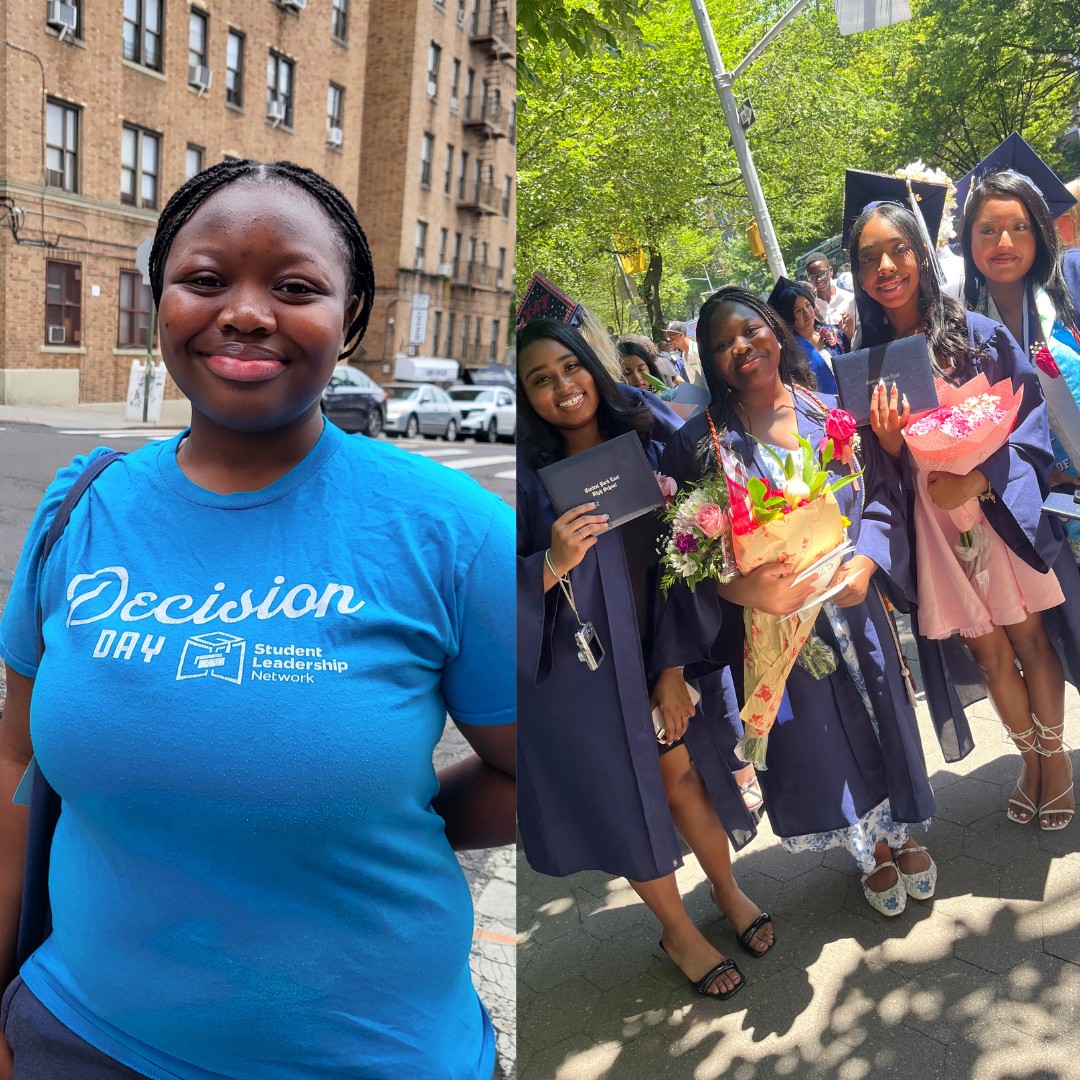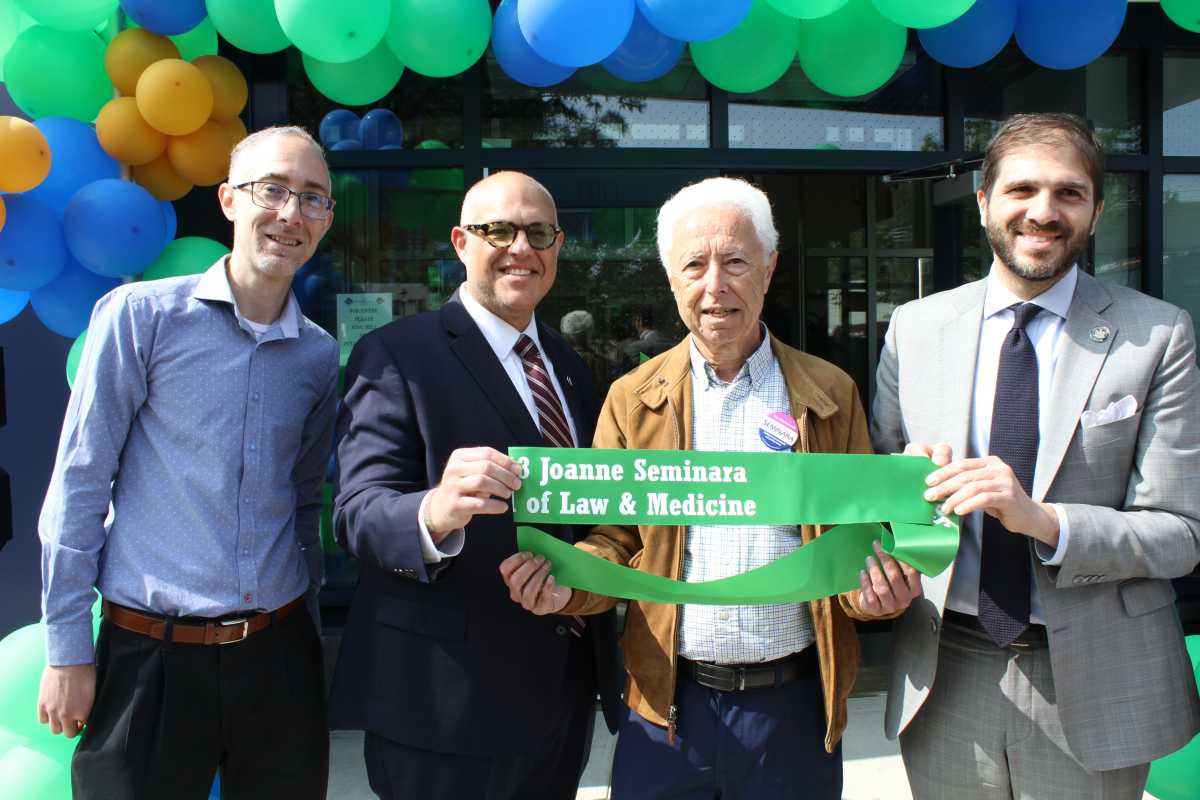Parents of students at NYS schools will soon know a week in advance when their child’s school will conduct mandatory lockdown drills.
The new state policy will take effect this coming school year. It was approved on Monday by the Board of Regents, which is responsible for the general supervision of all educational activities within the state.
The policy change was made to limit “unintended trauma” students and families may suffer as a result of practice rather than a real emergency, according to a July 11 memo written on July 11 by Angelique Johnson-Dingle, a state deputy education commissioner.
“In recent years, concerns have been raised nationwide about the unintended trauma or harm to students, staff, and/or families that may result from drills that are not communicated as being practice rather than an actual emergency,” Johnson-Dingle wrote. “This is pronounced when a drill is conducted that includes elements to simulate a possible emergency.”
What is the current law?
Currently, state law requires that schools conduct at least eight evacuation and four lockdown drills each school year. The purpose of a lockdown drill is to help ensure optimum safety in a real school emergency, such as an active shooter situation.
The new policy will not change the number of lockdown and evacuation drills conducted each year. However, it will require schools to give a week’s notice to parents before a drill is executed. Among other amendments, schools must conduct drills in a “developmentally and age-appropriate manner,” and not use props, actors, simulations or other tactics intended to mimic a school shooting, incident of violence or other emergency.
According to Everytown for Gun Safety, an anti-gun violence group, 95% of American public schools drill students on lockdown procedures. But, the organization says there is almost “no research affirming the value of these drills” when it comes to preventing school shootings or protecting the school community when shootings do occur.
What NYC residents and parents are saying about the policy
NYS Senator Andrew Gounardes (D-Brooklyn), has been an outspoken advocate for lockdown drill reform. He supports the new changes.
“Our current approach to school lockdown drills does more to traumatize kids than keep them safe,” he said. “The board’s newly adopted regulations are an important step toward changing that.”
While he is happy with the current reform, the senator believes more needs to be done to change the policy. Specifically, he said schools are still conducting “too many” drills, and cited his proposal to reduce the number of drills conducted each year from four to two.
“We also need to right-size the lockdown drill mandate to align New York with other states. State law currently requires schools conduct four drills a year — more than 46 other states. My bill implements nationally recommended best practices by changing the minimum to two, while giving schools the complete freedom to conduct more if they want to. Other states, including Connecticut and New Jersey, have taken similar steps.”
Melissa Giuttari, a licensed mental health counselor in Manhattan, said both public safety as well as mental health awareness have to be partnered and considered.
“The two are not mutually exclusive,” she said. “It’s part of the overall necessary effort to bridge and strengthen coordination and collaboration between law enforcement policies and mental health protocols in New York City and generally most places in our country right now.”
Giuttari added that is likely some kids and staff in school systems have post-traumatic stress disorder (PTSD) that can be triggered by sounds, sights and smells in the environment. Her opinion is that drills that include re-enactments of violent situations are not necessary to ensure safety in schools.
“I don’t believe we necessarily need lockdown drills to simulate violent or life-threatening re-enactments to have effective security standards,” she said. “There are other cues and associations that are less likely to trigger PTSD that would be equally if not more efficacious, thus synchronizing the aims of creating a high level of security and safety in our schools and mitigating PTSD incidents or even lower levels of emotional distress for students and staff in our schools.”
One former NYC educator, whom amNewYork Metro honored her request for anonymity, agrees that lockdown drills can be “traumatic, stressful and overwhelming” for many kids and adults. But she also believes giving parents too much advance notice of the specific time defeats the purpose of a drill.
“I think it defeats the point to give a ‘heads up’ of the specific time a drill will take place,” she said. “Parents should know that schools have fire drills and lockdown drills once a month and continuously discuss them with their children. Schools should be transparent and send out an email within the hour of any drill taking place explaining that the drill occurred and all is well.”
A mom from the Upper West Side agreed that giving parents and students too much notice of an upcoming drill is counterproductive.
“I don’t know. I think kids are resilient and these drills are part of growing up. This is part of it,” she said. “I think giving advance notice won’t do much because the they’re young, they may not take it seriously.”
Michael Munoz, a father from Staten Island, is not in favor of relaxing school lockdown drill policies.
“If you think the lockdown drills are traumatic, imagine the kids having to live a lifetime reliving the images of the teachers and fellow students getting shot and murdered,” he said. “People need to smarten up and toughen up.”
Dawn Borst, also of Staten Island, said a drill is an educational opportunity to “test processes, procedures and technology so no lives are lost.” Her opinion is that anxiety is lower after participating in a drill.
“The idea that kids when in a real-life situation have no drill planning leaving them to panic and uncertainty is ludicrous,” she said.
According to the Sandy Hook Promise, an organization that advocates against gun violence, more than 338,000 students in the United States have experienced gun violence at school since the shooting at Columbine High School in 1999.
The organization also reports that in 2022, 34 students and adults in the country died while more than 43,000 kids were exposed to gunfire at school.
Read More: https://www.amny.com/education/






































